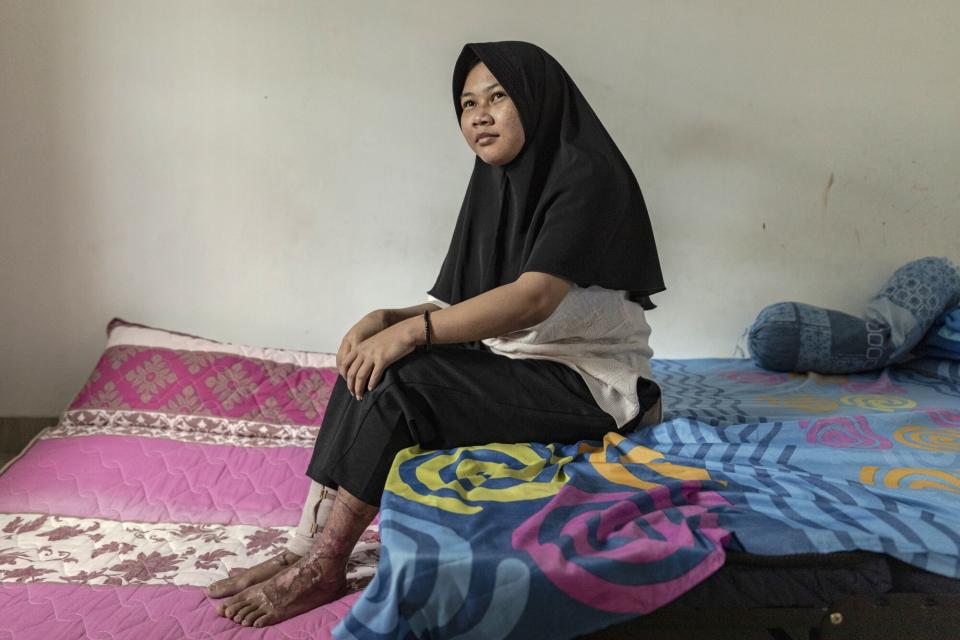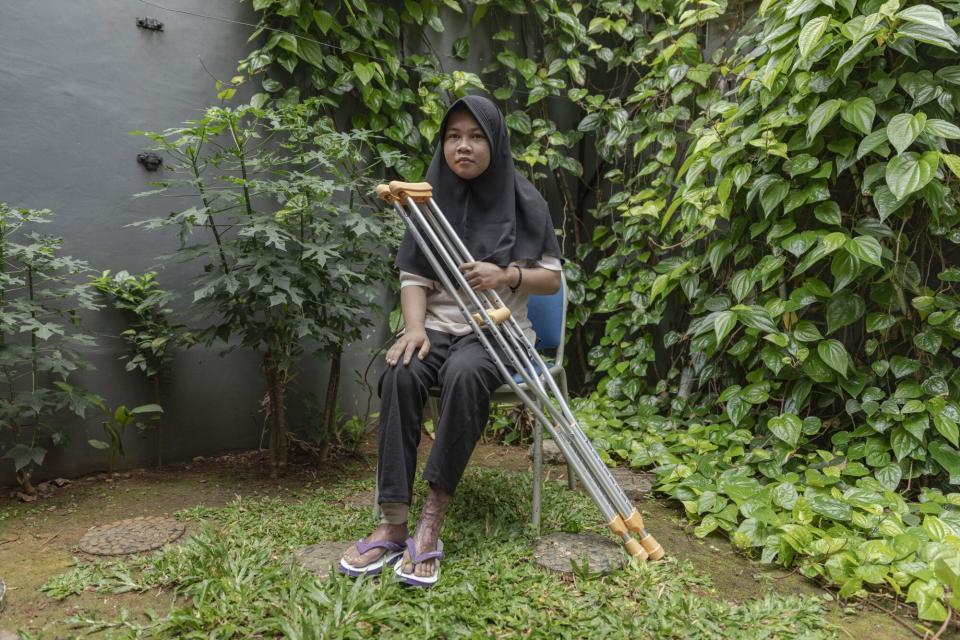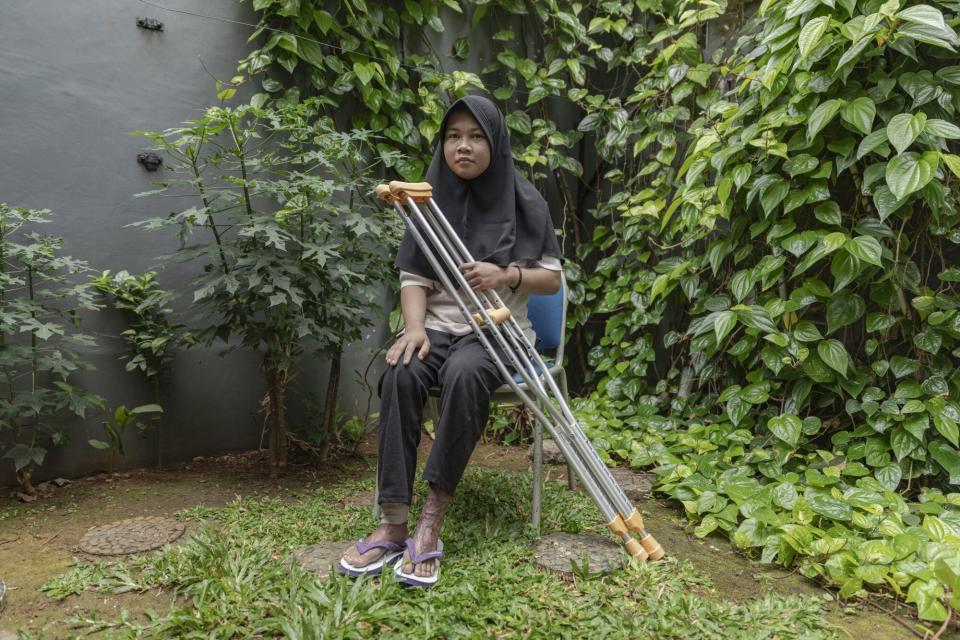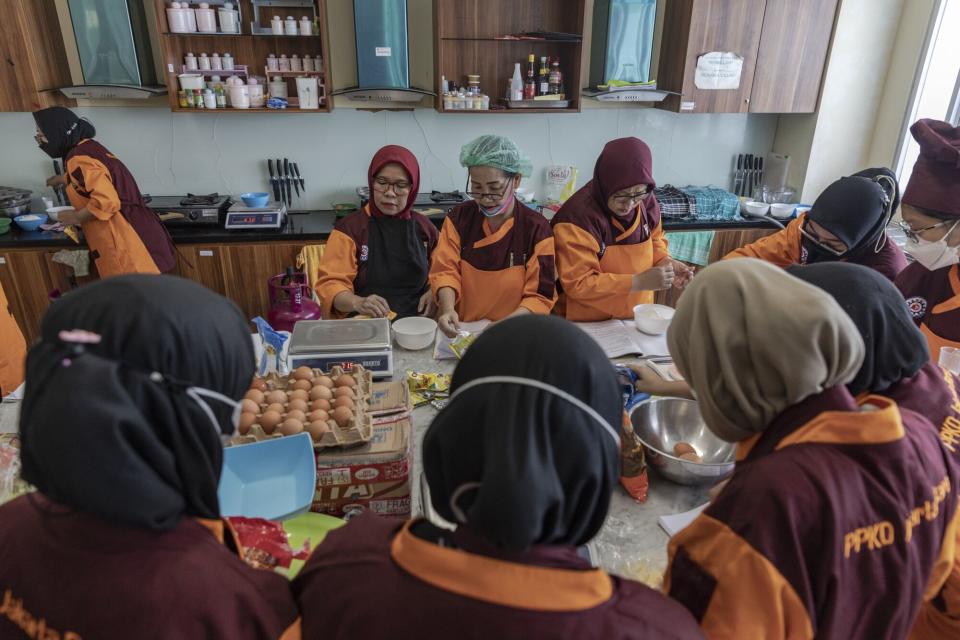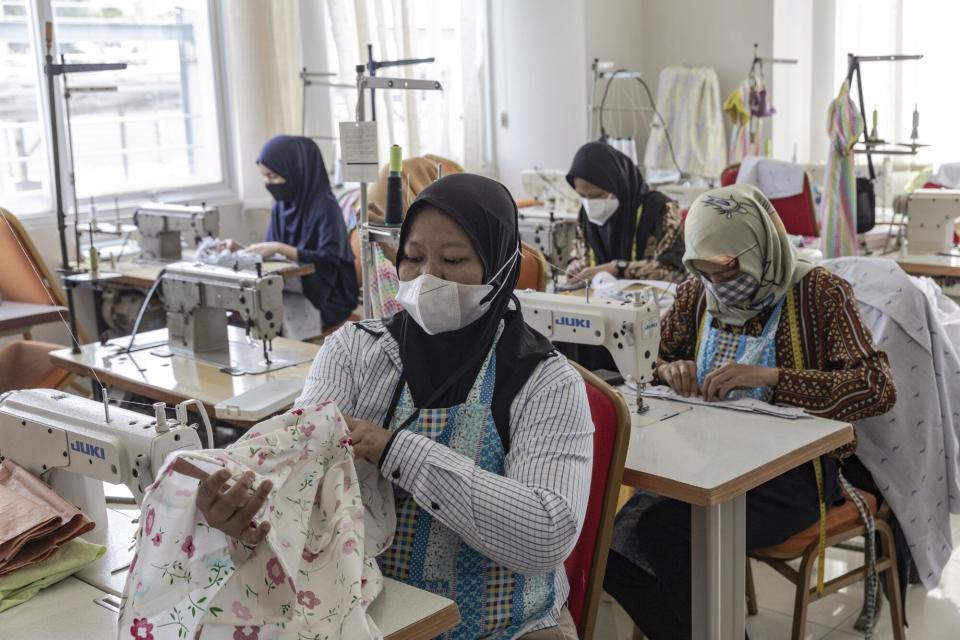A New Bill to Protect Indonesia’s Domestic Workers Leaves Two Million Staff Exposed
(Bloomberg) -- Indonesia is the largest democracy in the world without a law to protect its domestic workers. That may be about to change, with a bill that also paves the way to better rights for millions of Indonesians in places such as Hong Kong and Singapore. But at home, many domestic employees will miss out on the law’s protections completely.
Most Read from Bloomberg
Texas Mass Shooting’s Bloody Images Add to Fervor in Gun Debate
Powell’s Bet Against Recession Looks Good — Minus the Credit Crunch and a DC Standoff
Biden Trails Trump as His Approval Rating Hits Low in ABC Poll
Almost 5 million domestic staff serve as the invisible backbone of Southeast Asia’s largest economy, looking after upper-middle-class homes and freeing richer Indonesians to pursue more lucrative careers. But they are often physically and socially isolated, leaving them particularly vulnerable to exploitation, assault and modern slavery.
The Domestic Workers Protection Bill, which President Joko Widodo aims to pass into law this month, gives household employees — three-quarters of whom are women — more of the rights afforded to formal workers.
Without it, “slavery will be much more entrenched in Indonesian mindsets,” said Lita Anggraini, the country’s leading activist on domestic workers’ rights.
She sees the bill as an important protection against the idea that “anything is acceptable for a domestic worker.”
Siti Khotimah, 24, is an example of just how bad things can get. She was just four months into working for a family in an affluent southern Jakarta neighborhood when her employer chained her, beat her and doused her with boiling water as punishment for a minor theft.
In the months that followed, she was forced to work up to 21 hours a day, her mobile phone was confiscated and her monthly pay of 2 million rupiah ($134) — less than 50% of Jakarta’s minimum wage — was withheld.
“I want to forget everything, but I can’t,” Khotimah said in an interview. The treatment she received during her eight-month stint as a domestic worker left her limping and desperate to return to her home, more than 300 kilometers away.
“I no longer want to work outside” the village, she said. “I’m traumatized.”
Khotimah’s case is an extreme one, and her employers have been charged with domestic violence and deprivation of liberty. But household staff currently have little or no recourse if employers fail to pay the agreed salary or expect round-the-clock service.
For nearly two decades, a bill to protect them has languished in parliament. Local customs that blur the line between employment and honorable service have been a stumbling block. “Ngenger,” for instance, is a Javanese tradition in which wealthy families take care of poorer relatives’ children. In return, the children carry out household chores.
Many policymakers have expressed concern that the bill will criminalize employers who engage in such practices, which advocates say helps poorer children to climb the social ladder through association with their richer relatives.
“In no other country will you find this culture of employing nephews as domestic workers,” said Law and Human Rights Vice Minister Edward Omar Sharif Hiariej. “We have some local cultural practices that differ with other countries, and it’s important to accommodate those.”
Policymakers are usually members of the upper-middle class themselves, Anggraini says, and may have four or five household staff of their own.
“In reality, the majority of lawmakers are employers,” she said. “They see themselves more as employers, rather than representatives of the people. So there is a conflict of interest.”
After months of pressure from workers, activists and the president himself, the latest round of discussions about the bill began in late March. For Jokowi, as the president is known, passing a law before he steps down next year would fulfil a campaign promise he made back in 2014.
Read More: Indonesian Ruling Party’s Presidential Pick Seen as Natural Successor to Jokowi
The bill requires employers and agents to uphold promised wages and working hours, and punishes physical assault with up to eight years’ imprisonment or fines of as much as 125 million rupiah ($8,233), according to a draft reviewed by Bloomberg. It also recognizes domestic helpers’ right to training, health insurance and social security.
For the employees it applies to, the bill meets many of the terms of the International Labour Organization Convention on Domestic Workers. Regulators and workers expect other policies — such as Indonesia’s existing commitments to end child labor and eradicate domestic violence — to fill some of the gaps.
However, the bill falls short of setting a minimum wage and working age, or capping working hours. Issues such as unionization also remain uncovered.
And there’s another, bigger catch. Domestic workers who are hired directly by a household, rather than via an employment agency, are not covered by the bill at all. Direct employees account for roughly 40% of all domestic staff, according to Anggraini.
Lawmakers felt it would be very difficult to enforce stringent labor regulations on direct hires given the informal nature of their employment, said Willy Aditya, who is leading the parliamentary team drafting the bill.
Direct hires must be reported to the local neighborhood head, Aditya said, but their living conditions are dependant on “an approach of mutual help and humanity.”
Many lawmakers, including Indonesia’s first female parliamentary speaker, Puan Maharani, initially resisted the bill citing concerns about customs such as ngenger. Maharani said she wanted to avoid controversy.
Vice Minister Hiariej did not respond to requests for comment about the issue of direct hires.
Still, the bill is a first step to improving protections for domestic workers in Indonesia. And as the country’s middle class expands, the number of household staff is expected to grow too. Around half a million joined the sector between 2008 and 2015, according to the ILO.
New regulations may also become a useful governmental bargaining chip in negotiating better conditions for Indonesians overseas. The nation is one of the world’s biggest sources of domestic staff, with 3.6 million of its citizens employed in wealthier homes around the world, mainly in Southeast Asia, Hong Kong and the Middle East.
“We’re sending a message to the world that Indonesian domestic workers get proper protections,” Vice Minister Hiariej said. “We always ask other countries to protect our domestic workers, and to ask that, we need a law ourselves.”
Most Read from Bloomberg Businessweek
©2023 Bloomberg L.P.


